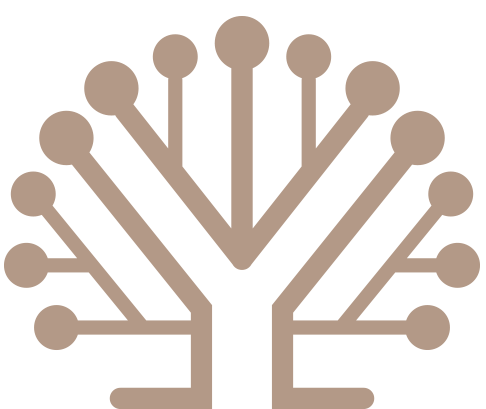

Close

So we’ve established some of the problems facing our millennial workforce in 2019. We’ve traced it back to their childhoods, schooling style and expectations of adulthood…but how do we go about accommodating them in our workplaces? I’ve shared 6 pieces of advice for adjusting to and accepting your millennial workers’ needs and explored how to incorporate them into your multi-generational business model.
1. ENTITLEMENT.
Be transparent – people feel important and empowered if they feel they know what is going on. Don’t keep all details under wraps until they are confirmed and ready to share. This isolates people. Over 40,000 survey responses, across 300+ companies showed that transparency is the number 1 factor in keeping employees happy. Employees of a large corporation have shared with me insecurities about what the executive team chat about in their meetings. Regular briefings can avoid this frustration. I suggested to senior management having a weekly ‘touch-base’ on the office floor, employees felt pleased with this. But don’t overdo it. Employees should understand boundaries and limitations of their entitlement to know it all and do it all. Transparency of the hierarchy from Day 1 will help.
2. ACCOMMODATED FOR.
Promote democracy. Have a feedback box, a workplace council, opportunities to share thoughts with the senior team. Then, show them that you actually hear what is being said by using specific language in responding – not generalised thanks. A democratic workplace improves engagement. Employees I interviewed requested help in building resilience at work, when I ran a resilience workshop they were so grateful that they had been listened to! Gestures of flexibility mean a lot, such as working from home requests. But of course, the workplace does not revolve around them. Firm boundaries are needed.
Clear guidelines for the kitchen, bathrooms, office floor, and so on, will help employees learn how to accommodate others! Mutual accommodation should be addressed on Day 1, it will taste better than ‘my way or the highway’.
3. CONVENIENCE AND VARIETY.
Millennials often share their desire for work-life balance. If you cannot fit in with that, they could leave. Personalised arrangements are essential. One size does not fit all. Use technology in a way that suits you, and them, millennials are great with it! Remote access goes a long way (around the world in fact). One study found that flexible work schedules can lead to increased productivity by about 10%5. Be clear about the options available from the outset, such as promotional paths, hours and working styles. When interviewing some former- grads several mentioned that they would have liked career progression and training to have been clearly laid out on Day 1. Be firm. Flexibility should be earned; it is a privilege not a right. Ramifications for exploitation of this should be considered in advance (make sure HR are on board!). I know it can be hard but keep an open-mind!! – It might not be your preference, but convenience for staff will lead to better working, feeling happier and them staying longer.
5. DISPOSABILITY.
Your company is disposable to many of your millennial employees. Try not to take it personally – staff turnover is sky high across the board. Trying to keep everyone is a waste of time, so focus on the good ones! Make sure you know who you want to keep, invest in them. Get to know what they want, what will keep them, and then be willing to accommodate (negotiate?).
Know that what they want may not be what you expect, for example, millennials have shared with me that they do not want more money, but more time to travel. The employees you want to keep should feel appreciated, valued and empowered. Give choice of projects, higher pay, training opportunities and other perks! These things have all been found to improve staff retention. Don’t forget perspective though! You don’t need to pander to every whim, essentially your company should function with or without one particular individual.
6. COMMUNICATION.
Accept that communication has changed. Abbreviations are not rude. Formalities like ‘Dear’ and ‘Kind regards’ are not the norm. I hear senior colleagues frustrated by emails they consider rude and full of acronyms they need to google! And younger colleagues explain that they just do not understand what is so wrong with casually emailing an internal colleague! Be clear in your expectations at work instead of sitting on a pet-peeve until you explode with frustration! Provide clear guidelines from the outset (e.g. soz no abbrevs allowed, ngl it’s not ok) and reiterate them when needed Be specific (please respond by 5pm today), avoid being vague (I hope to hear from you later). This will limit space for miscommunication – something that so easily causes damage! Dramatic language exasperates situations, remain calm, controlled and use balanced expression.
